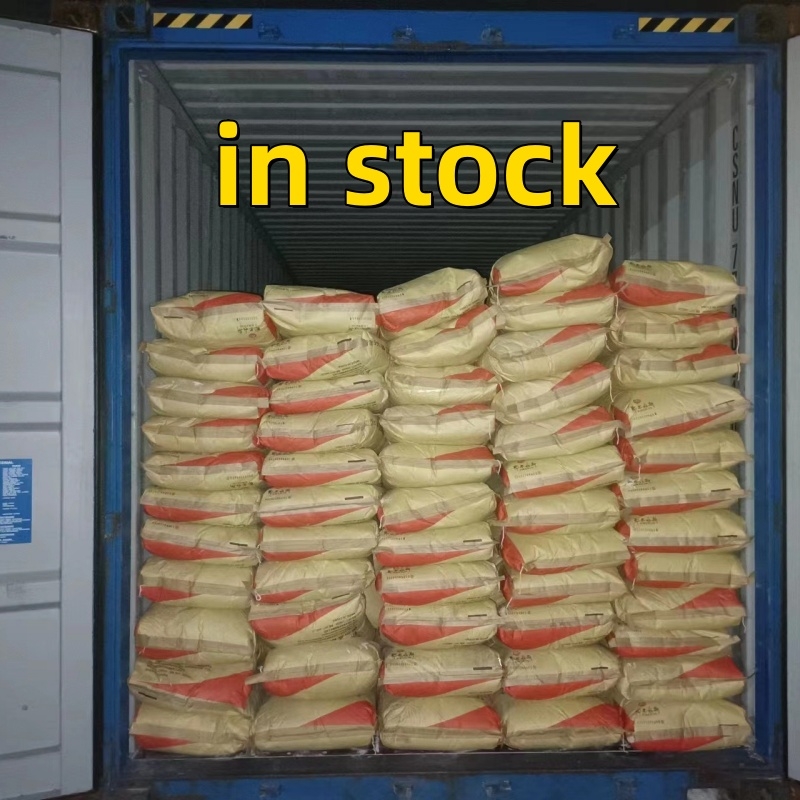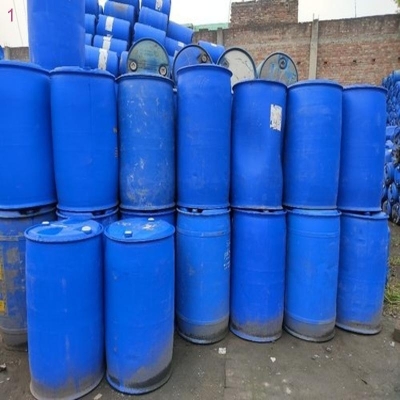-
Categories
-
Pharmaceutical Intermediates
-
Active Pharmaceutical Ingredients
-
Food Additives
- Industrial Coatings
- Agrochemicals
- Dyes and Pigments
- Surfactant
- Flavors and Fragrances
- Chemical Reagents
- Catalyst and Auxiliary
- Natural Products
- Inorganic Chemistry
-
Organic Chemistry
-
Biochemical Engineering
- Analytical Chemistry
-
Cosmetic Ingredient
- Water Treatment Chemical
-
Pharmaceutical Intermediates
Promotion
ECHEMI Mall
Wholesale
Weekly Price
Exhibition
News
-
Trade Service
Juan Pablo Esquivel, an electronics engineer at the National Electronics Center of the Autonomous University of Barcelona, has developed a miniature paper battery that uses bodily fluids as fuel to power
devices for simple diagnoses.
Unlike common rechargeable batteries, fuel cells convert the chemical energy of fuel into electrical energy through redox reactions, and because there is no high-temperature combustion process, almost no nitrogen and sulfur oxides are emitted, and environmental pollution is very small
.
Esquivel pointed out that usually household testing instruments such as blood glucose meters and urine tests are disposable, and the lithium button batteries inside cannot be replaced, and they will be discarded
when the power is less than 1%.
The miniature paper battery they developed can provide the required power
to the instrument while using body fluids as test samples.
According to reports, micro-paper batteries are mainly based on paper, and then use printed electronic technology to integrate paper and other electronic components to form a closed electrochemical system
.
Esquivel said the batteries are small, low-cost and pollution-free, and do not pollute the environment when thrown away and do not need to be recycled
.
Juan Pablo Esquivel, an electronics engineer at the National Electronics Center of the Autonomous University of Barcelona, has developed a miniature paper battery that uses bodily fluids as fuel to power
devices for simple diagnoses.
Unlike common rechargeable batteries, fuel cells convert the chemical energy of fuel into electrical energy through redox reactions, and because there is no high-temperature combustion process, almost no nitrogen and sulfur oxides are emitted, and environmental pollution is very small
.
Esquivel pointed out that usually household testing instruments such as blood glucose meters and urine tests are disposable, and the lithium button batteries inside cannot be replaced, and they will be discarded
when the power is less than 1%.
The miniature paper battery they developed can provide the required power
to the instrument while using body fluids as test samples.
According to reports, micro-paper batteries are mainly based on paper, and then use printed electronic technology to integrate paper and other electronic components to form a closed electrochemical system
.
Esquivel said the batteries are small, low-cost and pollution-free, and do not pollute the environment when thrown away and do not need to be recycled
.







